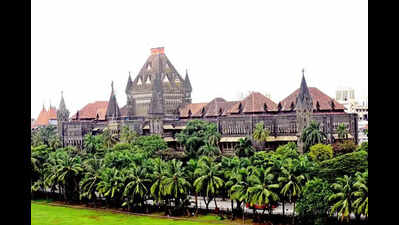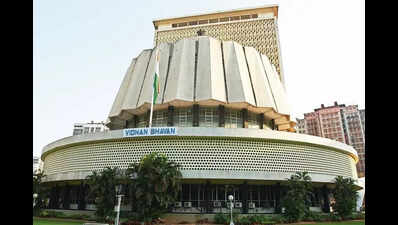Mumbai: Bombay high court quashed and set aside the decision of Narsee Monjee Institute of Management Studies (NMIMS) to cancel the admission of two first-year students accused of tampering with the marks of a mid-term exam paper. HC considered that even without the increased marks, the students would have cleared the academic year and directed NMIMS to permit them to appear for re-examination and pursue further studies subject to the results.“…the act on part of the petitioners was a result of bad judgment and something that the petitioners would have well avoided, as there was no need for them to have indulged in such an act…the petitioners should be given one chance,” said Justices Makarand Karnik and Nitin Borkar on Sept 3.The students, aged 23 and 25, were enrolled with NMIMS’s School of Business Management for 2024-26 integrated MBA course with six semesters. The second semester exams were held in Jan. On March 10, when the answer sheets of the Corporate Finance paper were distributed to verify the assessment, the petitioners wrote ‘1′ before their marks, increasing them from 8.6 to 18.5. On March 24, they were barred from appearing for the third semester exams and the next day, their admissions were cancelled for the entire year.The students moved HC, saying cancellation of admission was excessive, in defiance of rules and they were not heard. Senior advocate Ashish Kamat, for NMIMS, said as their appeals were dismissed, the decision was final. The management has a zero tolerance policy for unethical practices.The judges said a “proper opportunity ought to have been given before any decision was taken”, but also noted that NMIMS management has to be strict to maintain high academic standards and “there is no point showing sympathy to students using unfair means”. Referring to the students’ “excellent academic career”, the judges added that NMIMS viewed the matter “only from the angle” that they increased their marks “without considering the past record and conduct”.The HC agreed with the students’ advocates, Aneesa Cheema and Arshil Shah, that they “were completely engulfed by the fear of not performing consistently well”. The judges would have “otherwise agreed” with NMIMS’s punishment “but for the fact” that even without increased marks the students had passed the internal examination and it would not affect their passing the year. “…this is a fit case where the past academic record ought to be a factor in considering the proportionality of the punishment,” the judges said, adding that the students’ action “was impulsive, on the spur of the moment decision motivated by the dwindling prospects of securing a good job and the societal pressure to perform…”The judges also referred to the July 31 affidavits where the students agreed unconditionally to accept punishment, including non-consideration for scholarships, debarment from clubs/committees, cultural and sports events, and exclusion from student awards.











